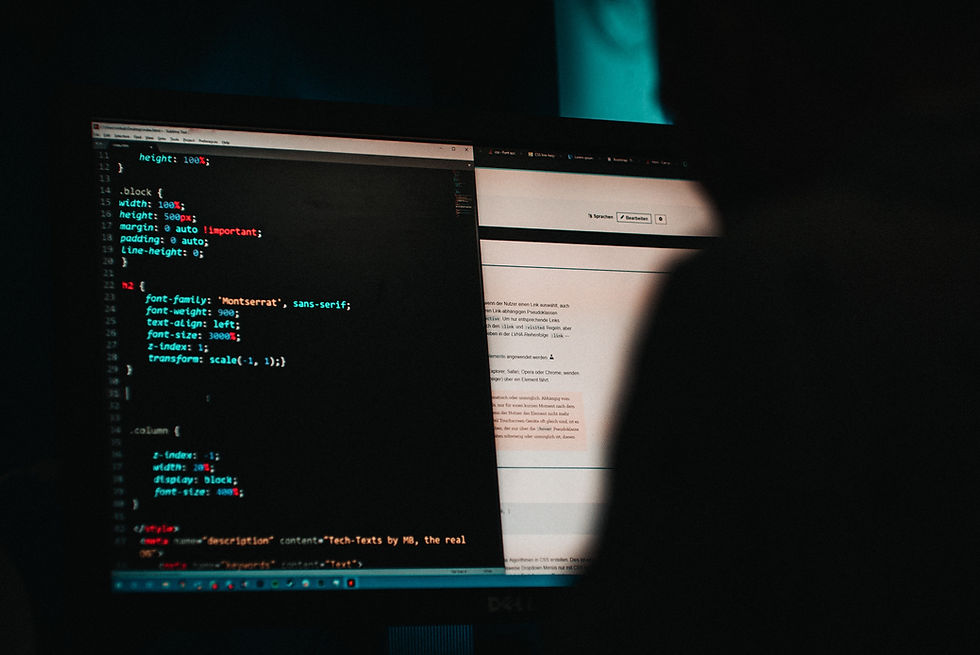Sports Podcasting: Just the basics
- Gary-Alan Hopkins

- Apr 14, 2021
- 2 min read

Sports broadcasting, media broadcasting in general, has changed with technology. While we all have our opinions on whether or not technological advancements have made life easier is neither here nor there, however, I think we all can agree that technology has given sports fans what they have always wanted; engagement, a plethora of stories and stats, and dynamic accessibility.
Today, we are fortunate to have new media (i.e. podcasts, blogs, vlogs, digital streaming services, websites, e-books, etc.) and "old" media (i.e. print newspaper, television, books and radio). Our options have never been this vast in all of human history.
For this post, we will be focused on the "new media," specifically sports podcasting.
What is a Podcast?

Podcasting, while it has some common facets of radio it is not radio. There are aspects of both podcasting and radio programming that overlap. If we take a look at the Venn diagram, we will see that podcasts and radio share some similarities. Podcasting and radio require verbal communication and auditory listening. Both podcasting and radio are asynchronous, meaning that you can do other things while listening. This is different from a visual medium such as Television or Vlogs that have visual components to help get a message across to the audience. The difference being that radio is broadcasted over the radio waves whereas podcasts are broadcast over an internet-based platform.
Tips for Sports Podcasting
Act and Dress Professionally. Don't act like a fan or favor one team over the other and don't show up wearing your favorite jeans and a t-shirt.
Frequently Offer Score Updates. Fans want to know the score and hate it when they don't get frequent updates on the game score.
Don't Lose Your Listeners. Frequently offer the time in the game. Offer it when a player makes a major play, periodically throughout the game and how long is left in a particular period, inning, quarter, etc.
Know The Team Roaster. Sports fans want to understand who is on the field or position and how they contribute to the game.
Do Not Try To Predict The Game. For the most part sports fans don't want to hear your predictions on the game. They want to hear and understand what is unfolding in the game.
Be Informed. Do your homework before any interview or broadcast.
Stay Hydrated. Don't drink liquids that are thick or have a large amount of caffeine, especially if you are sensitive to caffeine. Stick to plain water or hot tea with lemon for a sore throat.
Don't Use Jargon.
Conclusion
In this post we discussed such topics as what is podcasting, how podcasts and radio have similarities but are two separate broadcast mediums, and some helpful tips on sports broadcasting. Now I have a few short questions for you to answer in the comments. What is your favorite podcast program? Have you either been a guest or host on a podcast? If so, what was it like? Thank you for reading and please feel free to share with your friends and family.




I think you got the wrong definition of "Asynchronous", normally that means it is recorded and aired separately, compared to a Synchronous broadcast which is hosted live and viewers might be able to "call in". As for your questions, I actually was a podcast host back in high school. It was very fun for me, since I felt like I was basically making up the rules as I went along. I was in charge of booking guests every week, and I very much enjoyed hearing the teachers talk about my podcast episodes every week.